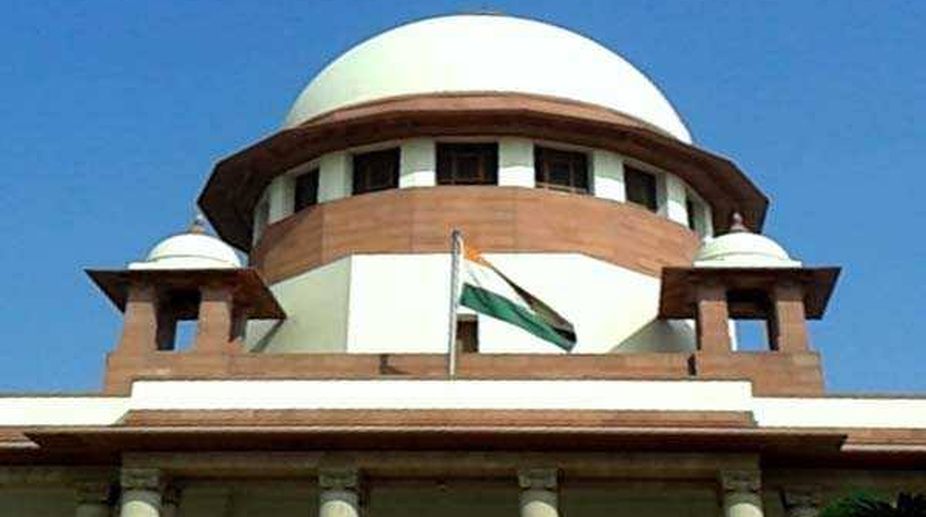India’s Got Latent: SC issues notice on YouTuber Ashish Chanchlani’s plea against FIRs
SC issues notice on YouTuber Ashish Chanchlani’s plea to quash or transfer FIR in India’s Got Latent case; tagged with Ranveer Allahabadia’s petition.

Representational image (Photo: Facebook)
The Supreme Court on Monday issued notice to the Centre and others on a plea seeking its permission to allow a 10-year-old rape survivor to terminate her 26-week-old pregnancy even as it asked the member secretary of Chandigarh Legal Services Authority to assist as an amicus curiae and get the rape survivor examined by a board of doctors on 26 July.
A bench of Chief Justice JS Khehar and Justice DY Chandrachud said a medical examination of the child was essential before taking a call on the matter and asked the medical board to examine if allowing the abortion would pose a possible threat to the child's life.
Advertisement
It has asked the member secretary to ensure that the rape survivor and one of her parents are accorded proper transportation facility for her examination at PGI, Chandigarh.
Advertisement
Fixing the matter for hearing on 28 July, the apex court said the medical report be filed in a sealed cover before it and asked the counsel for the rape victim to provide her address to the member secretary instantly.
The PIL was filed in the apex court after a Chandigarh district court on 18 July refused to let the girl undergo the abortion after it was confirmed that she was 26 weeks pregnant.
Laws allow medical termination of pregnancy up to 20 weeks under the Medical Termination of Pregnancy Act and can make an exception if the foetus is genetically abnormal.
The petition, filed by advocate Alakh Alok Srivastava, has also sought that appropriate guidelines be framed by the top court to set up a permanent medical board in each district of India for expedient termination of pregnancies in exceptional cases involving child rape survivors under the best possible medical facilities.
"Medical experts have categorically opined that if the 10-year-old rape survivor is forced to give birth through normal delivery or C-section, it may be fatal to the life of the girl as well as her child," the petition filed through advocate Kedar Nath Tripathy had said.
The petition had also sought direction to the Centre to amend Section 3 of the Medical Termination of Pregnancy Act, 1971, so as to permit termination of pregnancies of more than 20 weeks, particularly involving child rape survivors after obtaining requisite opinion from a permanently constituted medical board.
The matter came to light after the girl was taken to hospital on complaining of stomach ache. After the girl's mother, the accused's sister, filed a complaint, the police arrested the man who allegedly raped the minor repeatedly.
Advertisement